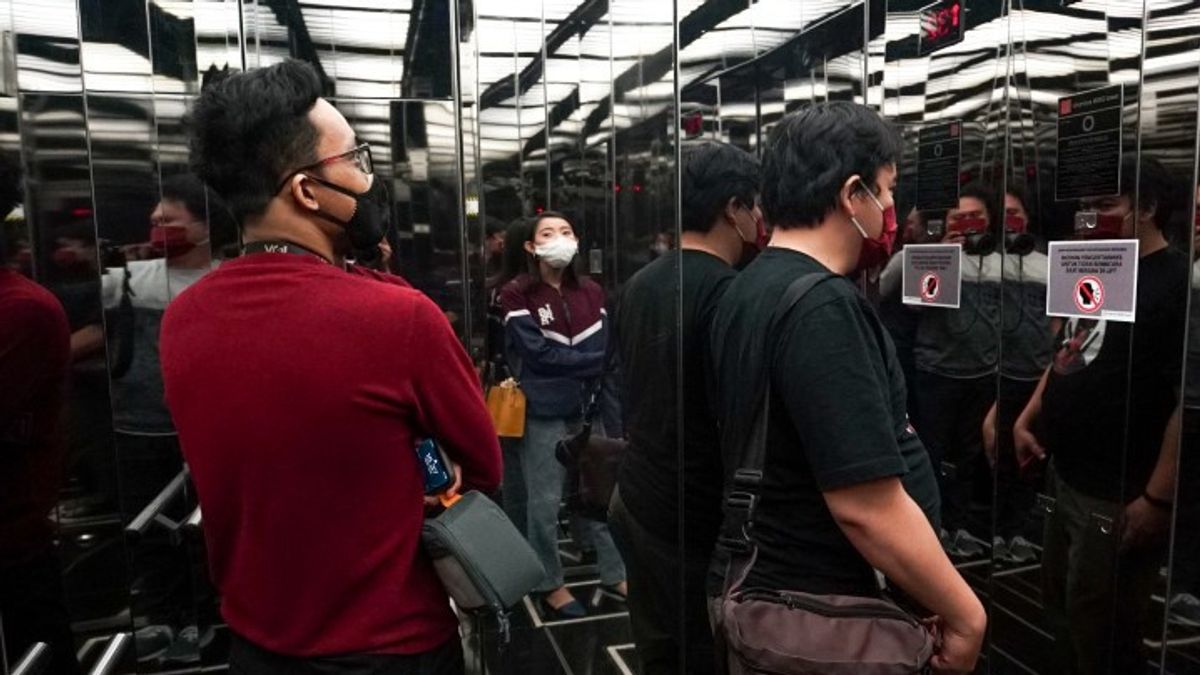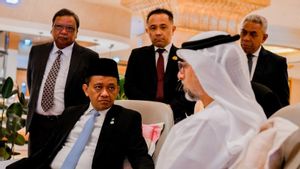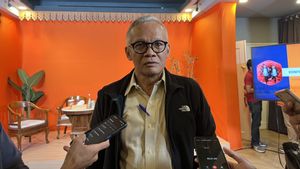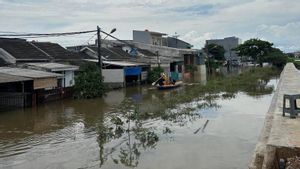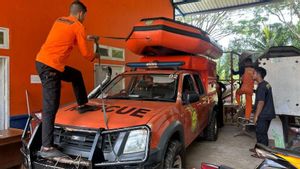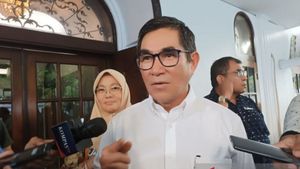JAKARTA - The PSBB period officially started on Monday, September 14. There are several differences in some current PSBB regulations from the first PSBB in April.
First, related to restrictions on office activities. Just like the previous PSBB, 11 essential business sectors are allowed to operate in the office by applying health protocols.
These eleven sectors are health, foodstuffs, energy, communication and information technology, financial systems, logistics, hotels, construction, strategic industries, basic services, and daily necessities.
In the first PSBB last April, nonessential private offices (except the 11 sectors) were required to work entirely from home. However, in the second PSBB, DKI Jakarta Governor Anies Baswedan allowed it to operate with a maximum employee limit of 25%.
"If some employees have to work in an office, the head of a nonessential private company is obliged to limit the capacity. Only 25% of employees could be in the workplace at the same time," said Anies, Sunday, September 13.

Second, related to places of worship. At the beginning of the PSBB, all places of worship were closed. People are required to worship from home.
In the current PSBB, there are several adjustments in places of worship. Places of worship should only use by local people with a capacity of 50%.
"However, the places of worship that are often visited by people from various locations, and places of worship in the red zone, are not allowed to operate," said Anies.
"So, for example, the mosque must be closed first. But places of worship in the community can still be run," he continued.

Third, related to private vehicle mobility. During the initial PSBB, the maximum number of passengers was only 50% of the seating capacity. Currently, private vehicles can be filled with a maximum of 2 people per row of seats and can be fully used only by one family who lives together.
Fourth, related to the operation of online motorcycle taxis. During the previous PSBB, Anies prohibited ojol from carrying passengers. However, now, ojol can carry passengers.
"Application-based motorbikes are allowed to transport goods and passengers by implementing strict Health protocols," said Anies.
Fifth, related to movement restrictions. During the PSBB last April, there were some restrictions in the form of handling entry and exit permits (SIKM). However, at this time, SIKM was eliminated.
Apart from the differences above, other regulations are still the same as the implementation of the initial PSBB. Entertainment, recreation, city parks, and RPTRA have closed again. A wedding can only take place at the KUA and the civil registry office.
Restaurants and cafes are prohibited from serving food on-site (dine-in). They can only serve delivery or take-out food.
Then, sports activities can only be carried out around the house, and there is no car-free day (CFD). Educational activities have not opened yet. Also, mass public transport mobility operates a maximum of 50% of passengers.
The PSBB period will last for 2 weeks until 27 September 2020. However, it could be extended if the COVID-19 conditions aren't under control.
The application of the PSBB is regulated in 3 governor regulations (Pergub). First, Pergub Number 33 of 2020 concerning the PSBB, which was implemented last April. Second, the DKI Governor Regulation Number 79, regarding the sanctions for violating PSBB. Third, Pergub Number 88 of 2020, which regulates several changes in the previous PSBB governorate.

The English, Chinese, Japanese, Arabic, and French versions are automatically generated by the AI. So there may still be inaccuracies in translating, please always see Indonesian as our main language. (system supported by DigitalSiber.id)
